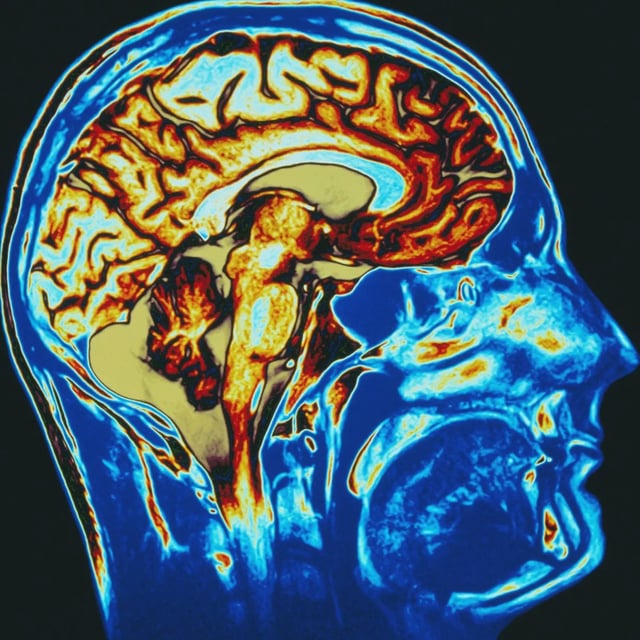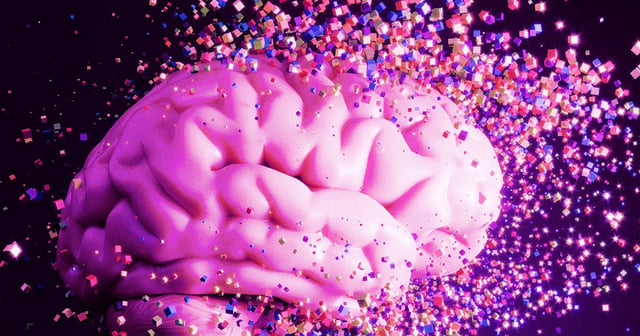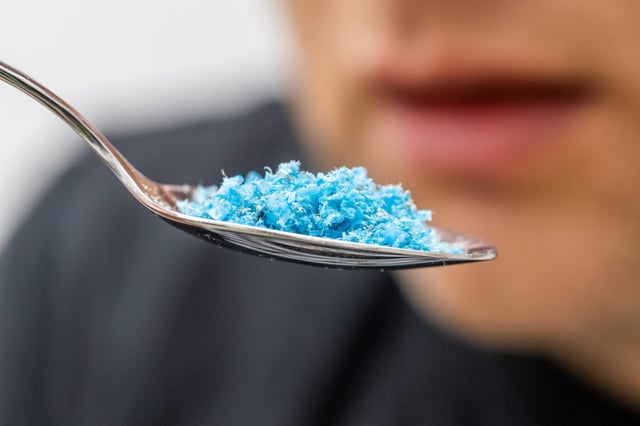Overview
- A series of studies in Brain Medicine confirms that microplastics from ultra-processed foods (UPFs) accumulate in the brain in quantities comparable to a plastic spoon.
- Microplastics can cross the blood-brain barrier, potentially contributing to depression, anxiety, dementia, and disrupted sleep through shared biological pathways with UPFs.
- UPFs, which constitute over half of caloric intake in many countries, contain significantly higher concentrations of microplastics compared to whole foods due to packaging and processing methods.
- Preliminary research suggests extracorporeal apheresis, a blood filtration technique, may help remove microplastics from the human body, though further validation is needed.
- Researchers propose a Dietary Microplastic Index to quantify exposure and guide public health interventions aimed at reducing microplastic contamination in food.



